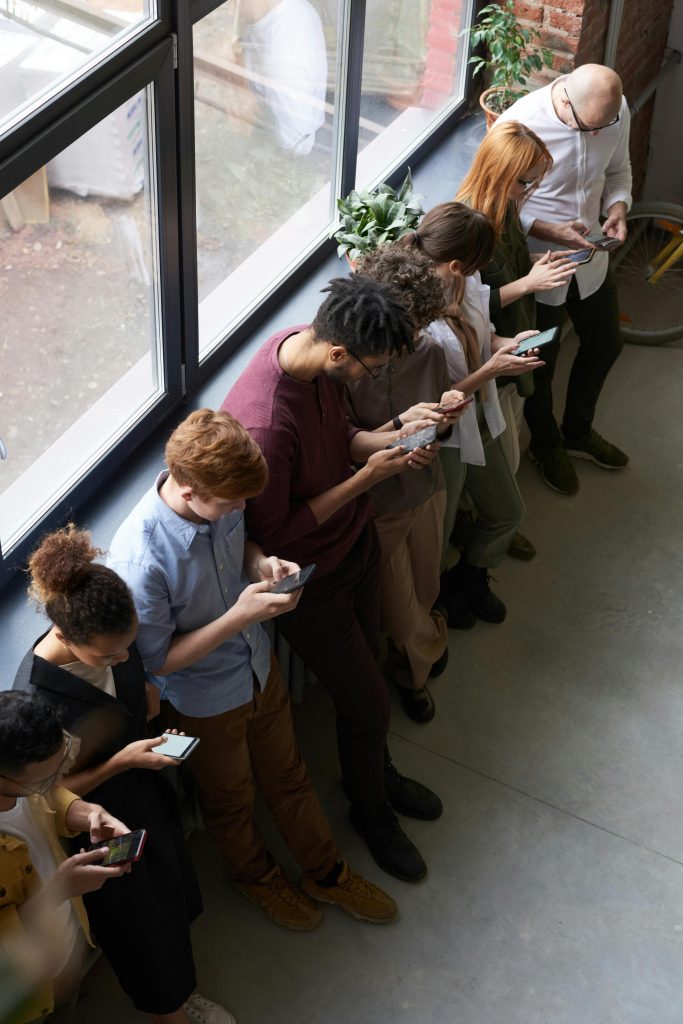
In today’s hyper-connected world, social media platforms have become central to our daily interactions. However, the overuse of these platforms is increasingly being linked to a range of psychological and social issues. This blog explores the potential harms caused by excessive social media use and offers insights into how we can mitigate these effects.
The Lure of Likes: A Dopamine-Driven Feedback Loop
Social media platforms are designed to be addictive. They leverage the human need for social validation, using likes, shares, and comments as powerful motivators. Each notification acts as a mini reward, triggering the release of dopamine, a feel-good neurotransmitter. This biochemical reaction can lead to what psychologists refer to as a “dopamine-driven feedback loop,” where users are encouraged to engage continuously with the platform to experience these positive feelings repeatedly.
The Comparison Trap: Social Media and Self-Esteem
One of the most significant impacts of social media is its ability to influence self-esteem. Platforms like Instagram, Facebook, and TikTok can lead to constant comparisons between oneself and others. Often, these comparisons are based on highly curated and edited versions of reality, which can distort a person’s self-image and lead to feelings of inadequacy and low self-esteem. Studies have shown a correlation between the time spent on social media and poor self-esteem, particularly among teenagers and young adults.
The Paradox of Connectivity: Loneliness in the Age of Social Media
While social media platforms purport to connect us with friends and family, excessive use can lead to a sense of isolation and loneliness. This paradox arises because virtual interactions can sometimes replace more meaningful face-to-face interactions. Over time, the superficial connections fostered on social media can leave individuals feeling unsatisfied and disconnected, contributing to greater feelings of loneliness.
Information Overload: Anxiety and Stress
The constant stream of notifications and the barrage of information available on social media can also lead to increased levels of stress and anxiety. The need to stay constantly updated can cause information overload, which is often linked to difficulties in concentrating, mood swings, and anxiety disorders. The fear of missing out (FOMO) on events seen on social media can exacerbate these feelings, creating a cycle of continuous online engagement.
Sleep Disruption: The Hidden Cost of Nighttime Scrolling
Excessive use of social media, especially before bedtime, can disrupt sleep patterns. The blue light emitted by screens can inhibit the production of melatonin, the hormone responsible for regulating sleep. Moreover, engaging with exciting or emotionally charged content can make it harder to fall asleep and reduce the quality of sleep, leading to sleep deprivation.
Strategies for Healthier Social Media Use
To mitigate the negative impacts of social media, it is essential to adopt healthier usage habits. Setting specific times for social media use, turning off notifications, and making a conscious effort to engage in more face-to-face interactions can help. Additionally, mindfulness and digital detox practices can be beneficial in managing the time spent online and improving overall well-being.
Conclusion
As we continue to navigate our digital lives, understanding the psychological impacts of social media is crucial. By fostering awareness and adopting healthier habits, we can enjoy the benefits of these platforms without falling prey to their more insidious effects. It is essential for users to remember that behind every screen, real life—and real connections—must take precedence.